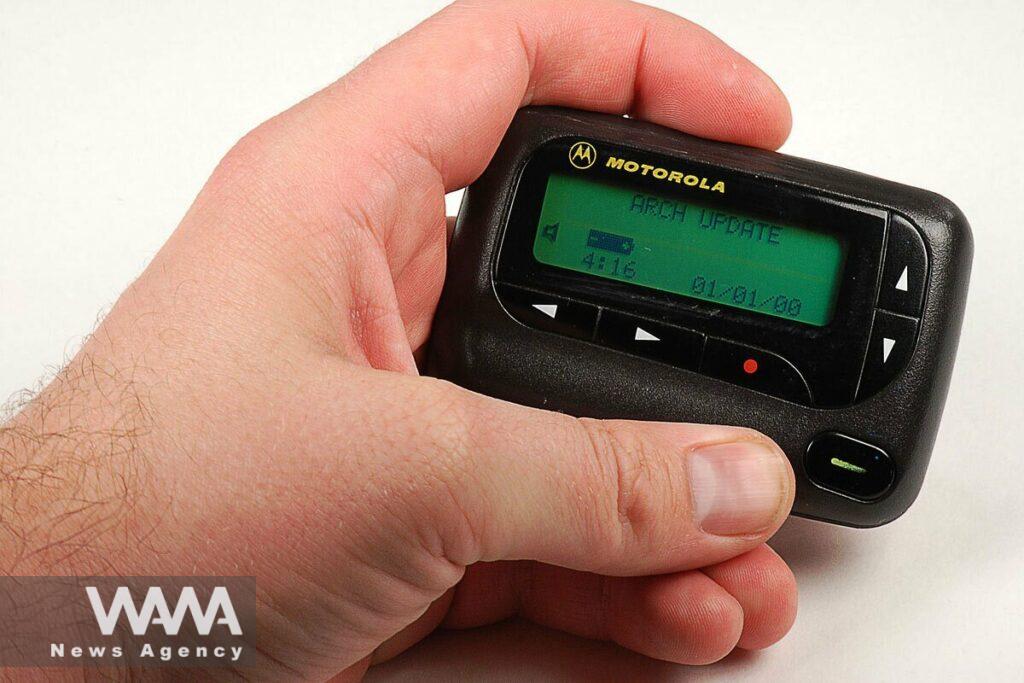From Infected Blankets of Native Americans to Infected Pagers in Lebanon!
WANA (Sep 20) – There is a well-known event in the history of science that took place in 1736 AD, after the discovery of the Americas. European and Spanish settlers, in an effort to conquer new lands, waged a major war against the indigenous Native Americans. Despite numerous battles and much bloodshed, the settlers were not successful in achieving their desired outcome. Eventually, they entered into a peace agreement with the Native Americans, offering infected blankets, contaminated with the smallpox virus, as gifts. This act led to the death of millions of indigenous people, paving the way for the settlers to dominate the land.
In the history of science, this event is considered the dawn of biological terrorism, which later led to the development of chemical and microbial weapons. Today, a modern and still unknown form of terrorism has emerged in Lebanon through the mysterious explosions of electronic devices.
This method of mass, indiscriminate terror relies on hacking or manipulating public communication devices. From pagers (which are not considered military devices and are mostly used in stores, institutions, hospitals, etc.) to the explosion of military radios, laptops, mobile phones, and even solar panels, these incidents have occurred.
This phenomenon can be called the “birth of the terrifying face of technology”—transforming the very mobile phone in your hand, the one you’re reading this on, into a deadly and terrorist tool! It’s not far-fetched to imagine a future where TVs or other electronic devices in homes explode. This is especially plausible with the spread of the Internet of Things (5G) and the revolution in artificial intelligence, which makes such events much more likely.

Just like the distribution of infected blankets, other powers and even hackers will undoubtedly adopt and use these tactics to destroy their enemies.
In David Runciman’s book, “The End of Democracy”, which examines the potential ways democratic systems might die and be replaced by authoritarian regimes, one chapter argues that technological revolution drives democracies towards despotism.
Runciman explains how the rise of cyber technology can aid governments in controlling and surveilling their citizens, equipping them with the tools to build a new system for punishing dissenters and critics. Virtual technologies enable governments to even read the thoughts of their opponents and suppress them.
Gradually, the world will become more familiar with the darker side of technology. From now on, when teaching the history of technology, both the sweet and terrifying aspects must be taught to students in universities.












